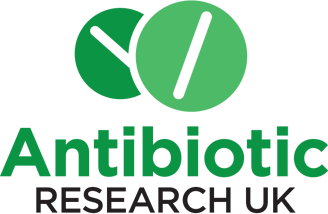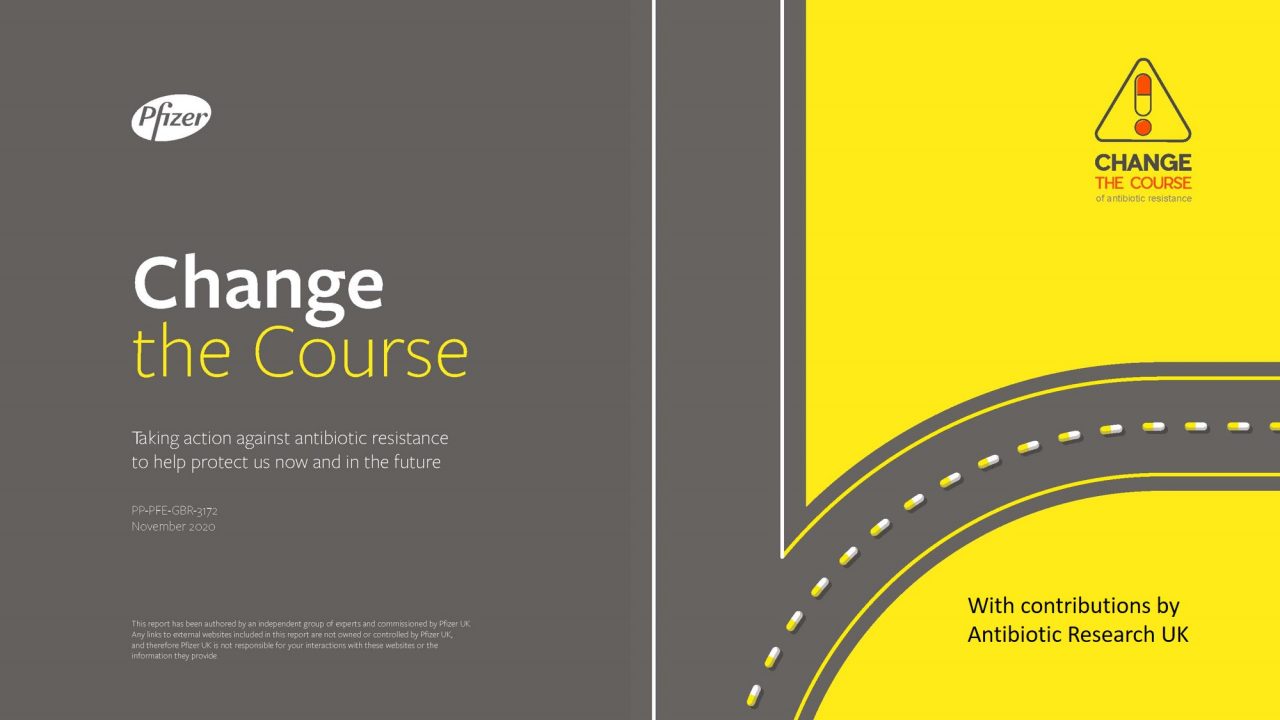We have been working with the pharma giant Pfizer, co-producers of the first vaccine against COVID-19 to help avoid a future pandemic of bacterial antibiotic resistance. Professor Colin Garner (Chief Executive) and Professor Christine Bond (Trustee and Education Committee Chair – Emeritus Professor, University of Aberdeen) were members of an AMR Taskforce charged with defining how individuals can make a difference in tackling antibiotic resistance. The taskforce conclusions are summarised below
- As the COVID-19 crisis continues, a silent pandemic of bacterial antibiotic resistance is following closely behind
- A new survey* showed that 70% of people say they know what antibiotic resistance is but almost half don’t know what they can do tackle it. The survey found that only 19% of people said they were very concerned about antibiotic resistance with 51% saying they were fairly concerned. Some 30% of people said they were not concerned at all
- A new report ‘Change the Course’ is part of the 2020 WHO’s World AMR Awareness Week. It tells individuals what action they can take to reduce the threat of antibiotic resistance
The threat of antibiotic resistance is as great a threat to us all as climate change. Just as climate change is a global problem so is antibiotic resistance; like climate change where the problem is large all can make an individual contribution to make things better.
How you can help change the course
The ‘Changing the Course’ report lists actions that you can take. Here are some of the steps;
-
- Familiarise yourself with the guidelines on antibiotic prescribing that inform the advice given by your healthcare professional
- If prescribed antibiotics, talk to your healthcare professional and ask any questions you might have about the length of your course or how to take them correctly
- Never share or use leftover antibiotics – instead, hand them into your local pharmacy where they can dispose of them responsibly. If antibiotics end up in our environment or water supply this is another path by which bacteria can become resistant
- Get behind some of the leading charities and non-profit organisations tackling antibiotic resistance
- Learn about antibiotics in food production
- Make your voice heard by speaking out about this issue. Share concerns with your MP, local councillors, and community leaders
Antibiotic resistance is not a problem that can be permanently fixed. We can’t stop bacteria evolving and becoming resistant to antibiotics. But we can change our relationship with antibiotics. We must recognise antibiotic resistance as a health issue we have to live with. If we work hard, we can continuously to keep resistance at bay.
Do you want to make a difference? Then DONATE to Antibiotic Research UK and do your bit to safeguard future generations. If you feel as strongly as we do about this issue why become a MEMBER and join the resistance against resistance and prevent a future pandemic.
- Survey conducted by Opinion Matters of 2006 people

